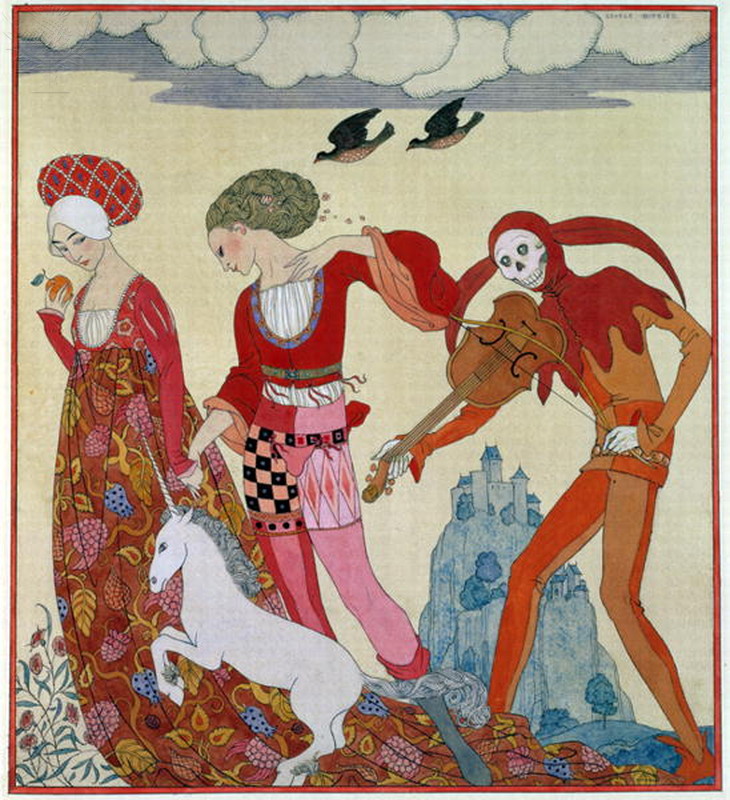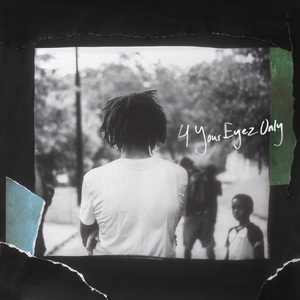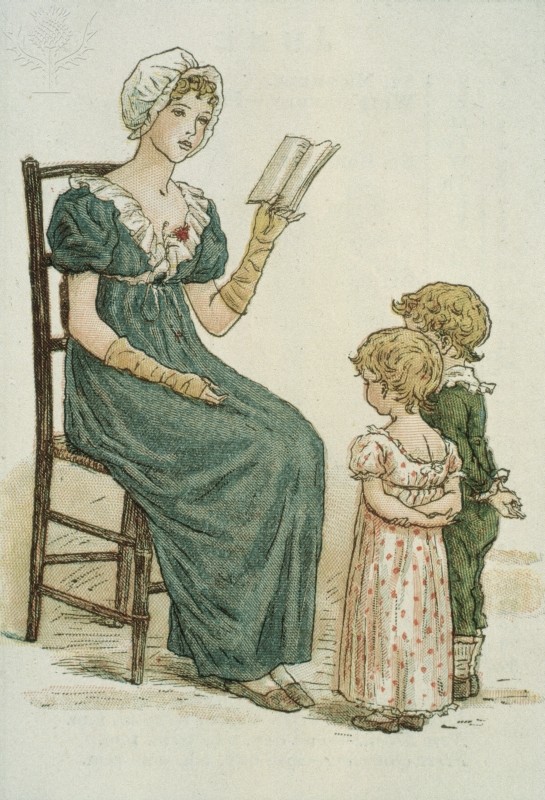By Diana Holiner
 Pablo Picasso (1881-1973), Women Running on the Beach, Summer 1922./ De Agostini Picture Library / Universal Images Group / Rights Managed / For Education Use Only
Pablo Picasso (1881-1973), Women Running on the Beach, Summer 1922./ De Agostini Picture Library / Universal Images Group / Rights Managed / For Education Use Only
As a minority, you tend to look everywhere to see yourself represented. Whether it be in movies, books, TV shows, music, or life, there’s something comforting in knowing that you can see parts of yourself in others. It does get discouraging though, when all the people you look at are dying or unhappy. This is the struggle that queer girls and women face every time that we try to find a character that we can see ourselves in. Finding LGBTQ+ characters in today’s media is hard enough–in their most recent report on TV, GLAAD has reported that LGBTQ+ characters make up only 4.8% of the characters on broadcast TV–but finding ones that stay alive is becoming close to impossible.
Killing queer women has become so common that it has its own trope: Bury Your Gays. The trope Bury Your Gays goes back centuries, and is unfortunately still in full use today. TV Tropes (tvtropes.org) describes the trope as one where “gay characters just aren’t allowed happy endings.” While it makes sense that in older works this might have been more prevalent–especially with lesbian pulp fiction where one author was told that the gay characters were not allowed happy endings–it seems like there is no need for it in 2016. Yet, turn on a TV and you will see lesbians dying left and right. When we look at our favorite queer women characters, they’re either getting shot by a stray bullet (Lexa, The 100), getting killed by guards (Poussey Washington, Orange is the New Black) or dying in car explosions (Nora and Mary Louise, The Vampire Diaries). And these deaths are just within the last year. It’s obvious that some queer characters will die, but the rate at which writers have been killing them off compared to straight characters is appalling. From the 1970s until now, there have been 162 deaths of queer female characters on TV, out of around 380 queer female characters altogether. That’s approximately 42%.
Many say that these characters were killed off for so-calledshock value, but the thing is, it’s not so shocking anymore. It’s normal. It’s common practice. A shocking thing would be to have a queer female character be alive, happy, and in a healthy relationship, but that doesn’t seem to be happening in TV at all. According to an article in Autostraddle, which studied queer women in fiction, 35% of shows have dead lesbian/bi female characters, and 84% of shows don’t give lesbian/bi female characters happy endings. We constantly see ourselves dying, being written off, or being heartbroken. While TV networks might pat themselves on the back for being progressive enough to include queer characters, all that progressiveness goes out the window when the writers and showrunners decide that they’ve had enough. It’s not progressive to show a lesbian character, hype her, bring in a huge LGBTQ+ audience, and then simply kill her off. It’s not progressive when we are only included to be killed. Some might say that at least we’re getting representation, but this representation does not befit us. It is time wewere given hope.
When first accepting that they are queer, a lot of queer youth will look to anything to see themselves represented, and it’s disheartening to know that queer youth will see their representations die. We see too much of white, cisgender, and straight characters on TV, when what we need to see are characters of color, transgender and nonbinary characters, and queer characters. It just might help those struggling to come to terms with their sexuality. As Larry Wilmore said on the Nightly Show after the Orlando shooting, “unlike other minority groups in America, LGBT people aren’t born into a home or a family that shares their minority experience.” A majority of LGBTQ+ people can’t simply turn to their family for support, so they turn to fictional characters, but it’s a real kick in the face when we see all of these characters become neglected.
The message that TV show runners are giving queer women who are desperate to see themselves represented is that we can be gay in the sense of being queer but we cannot be gay in the sense of being happy.
Diana Holiner is 20 years old and is part of the Dynamy Internship Year program. She is originally from Dover, Massachusetts and is now living in Worcester. She interns at Worcester Magazine and the Worcester Journal. In her free time she enjoys reading, writing, singing, and eating ice cream.
PHOTO CREDIT: France, Paris, Women Running on the Beach. Photopgraphy. Britannica ImageQuest, Encyclopædia Britannica, 25 May 2016.
quest.eb.com/search/126_3742873/1/126_3742873/cite. Accessed 25 Jan 2017.









